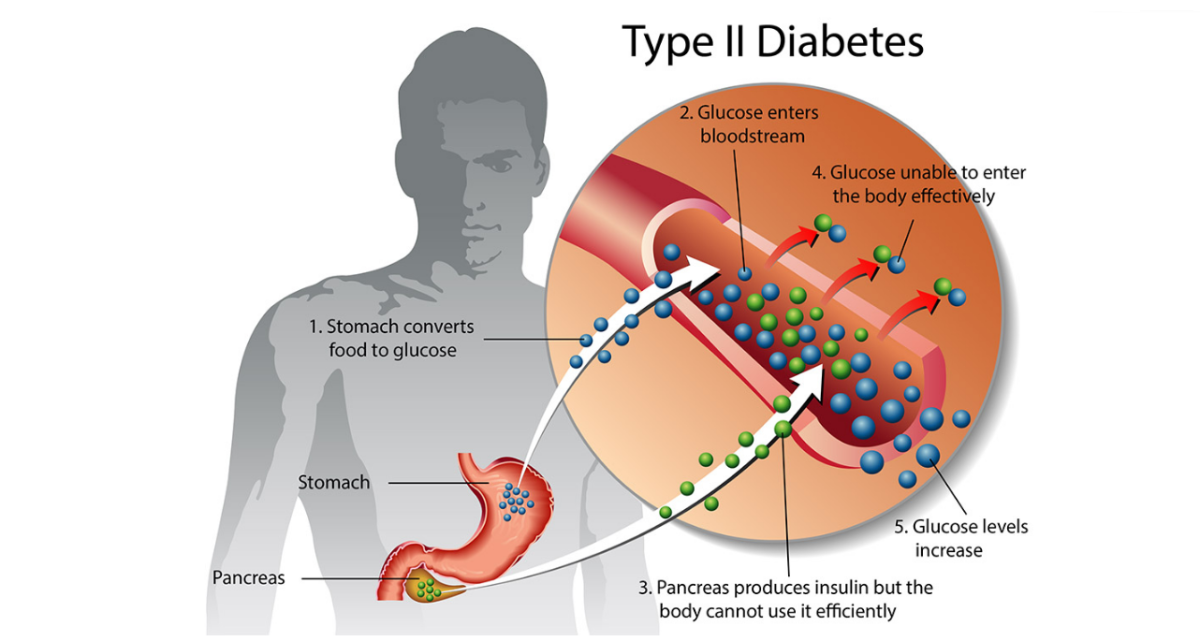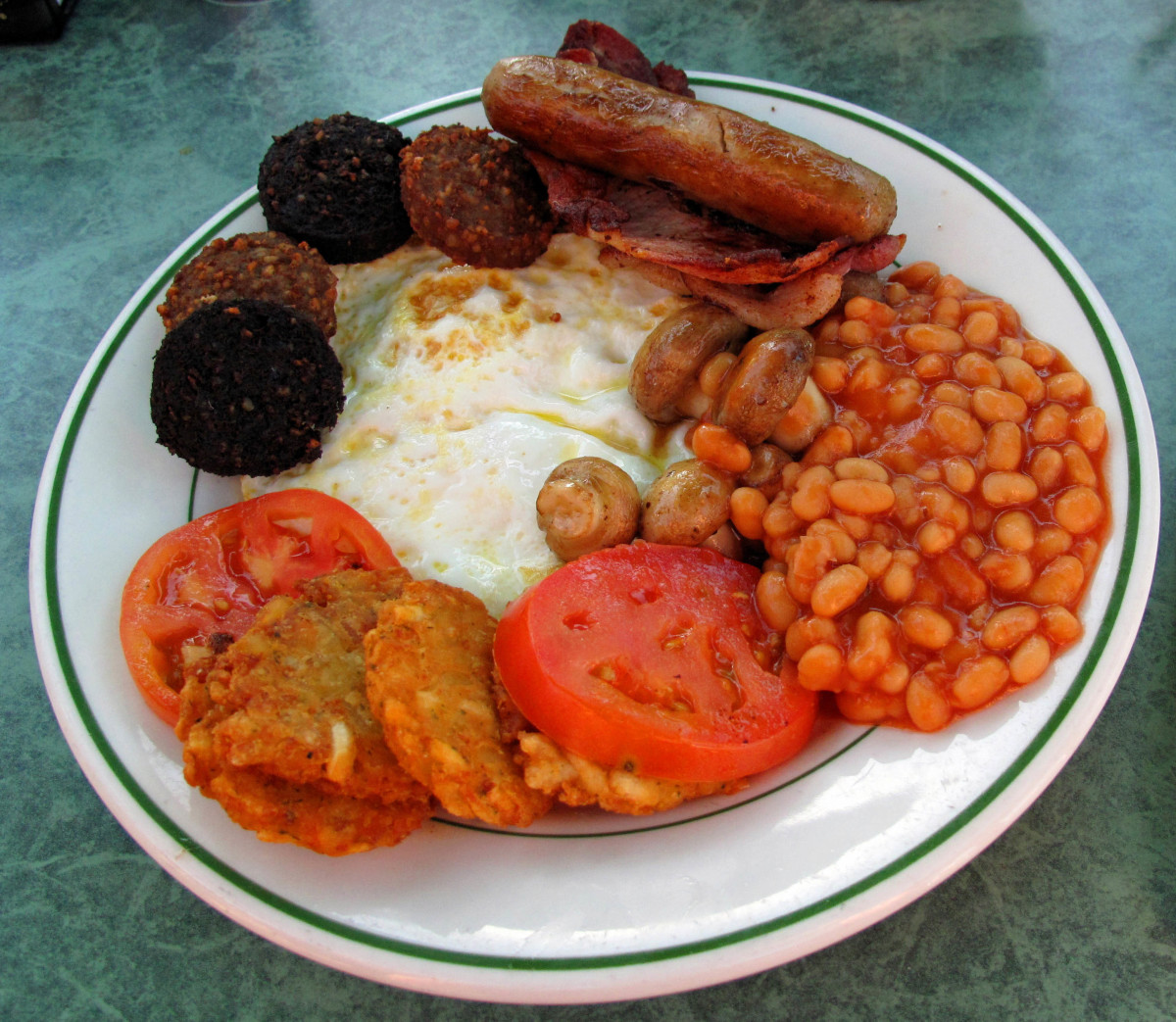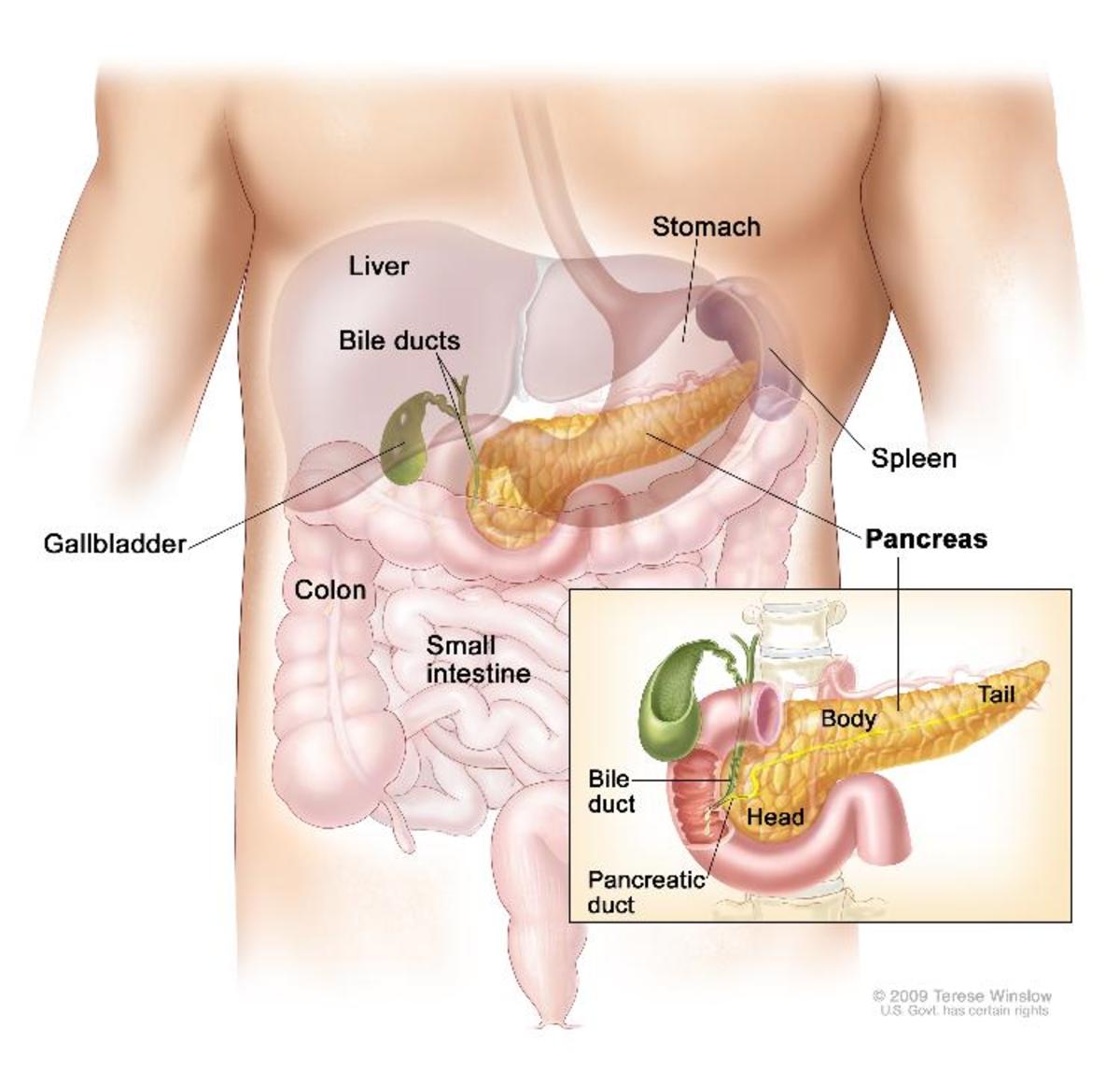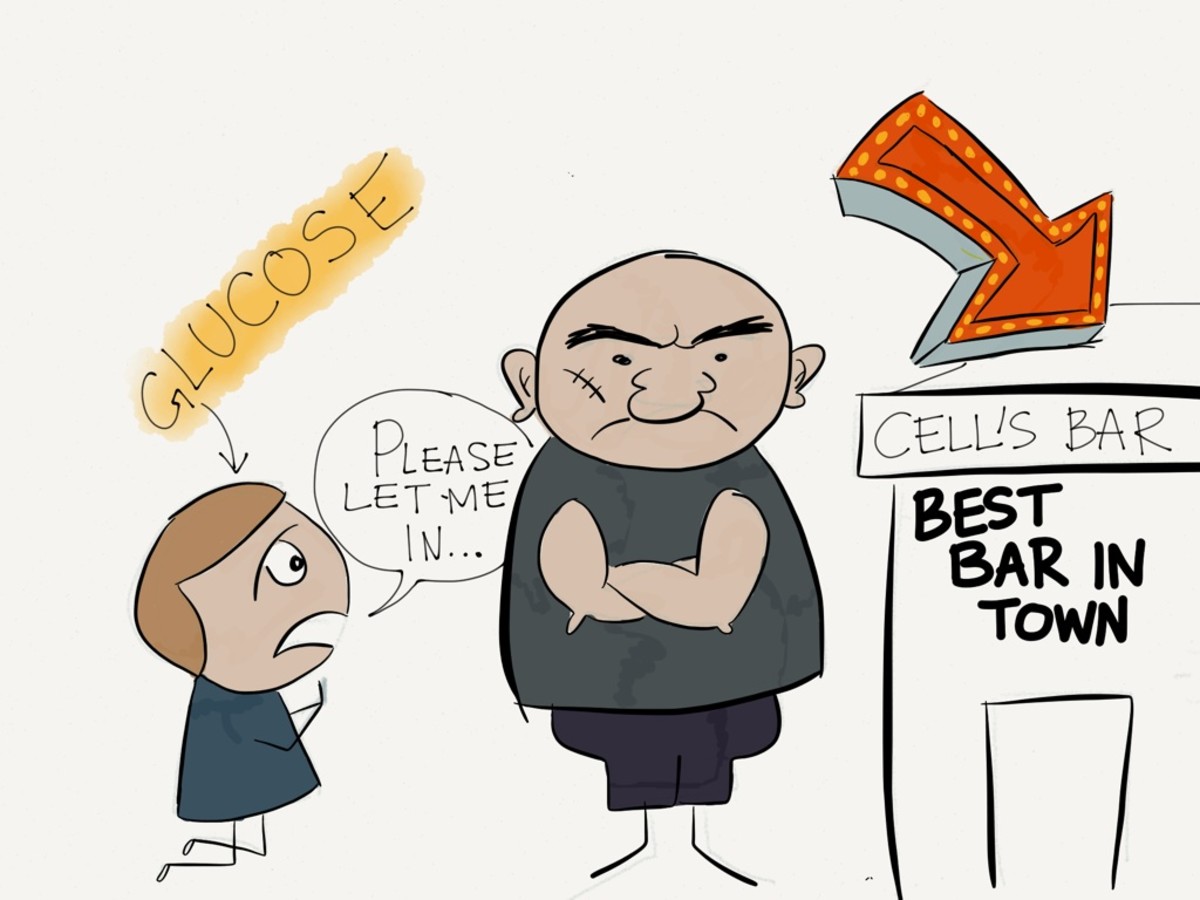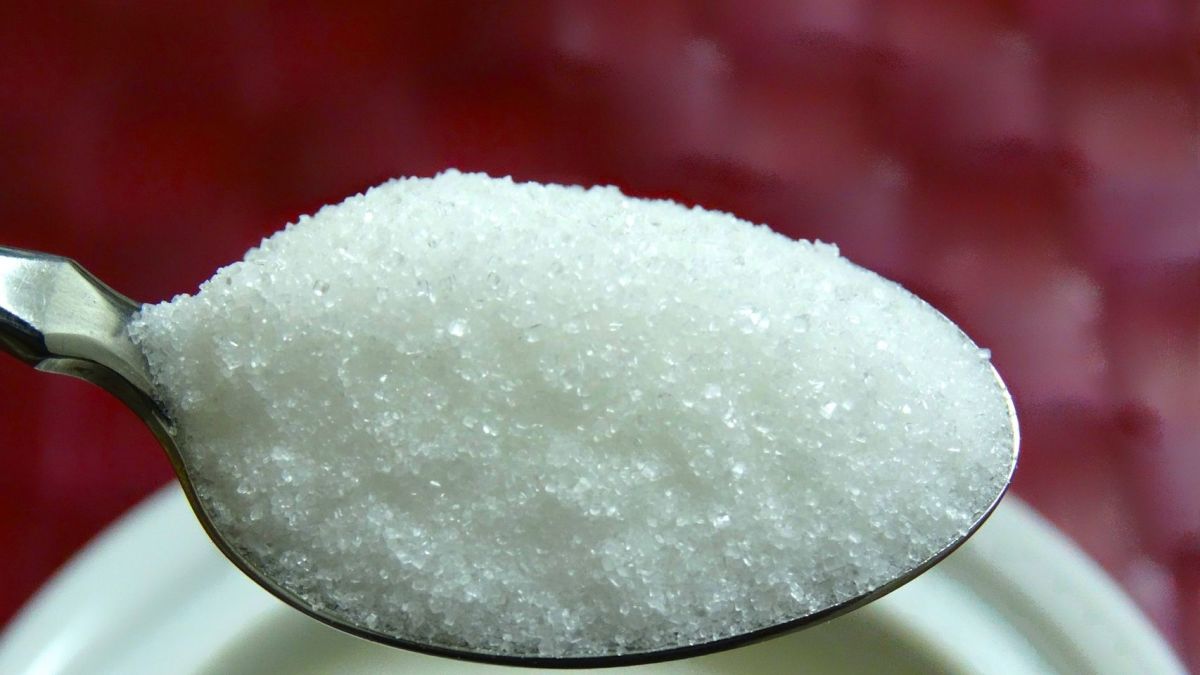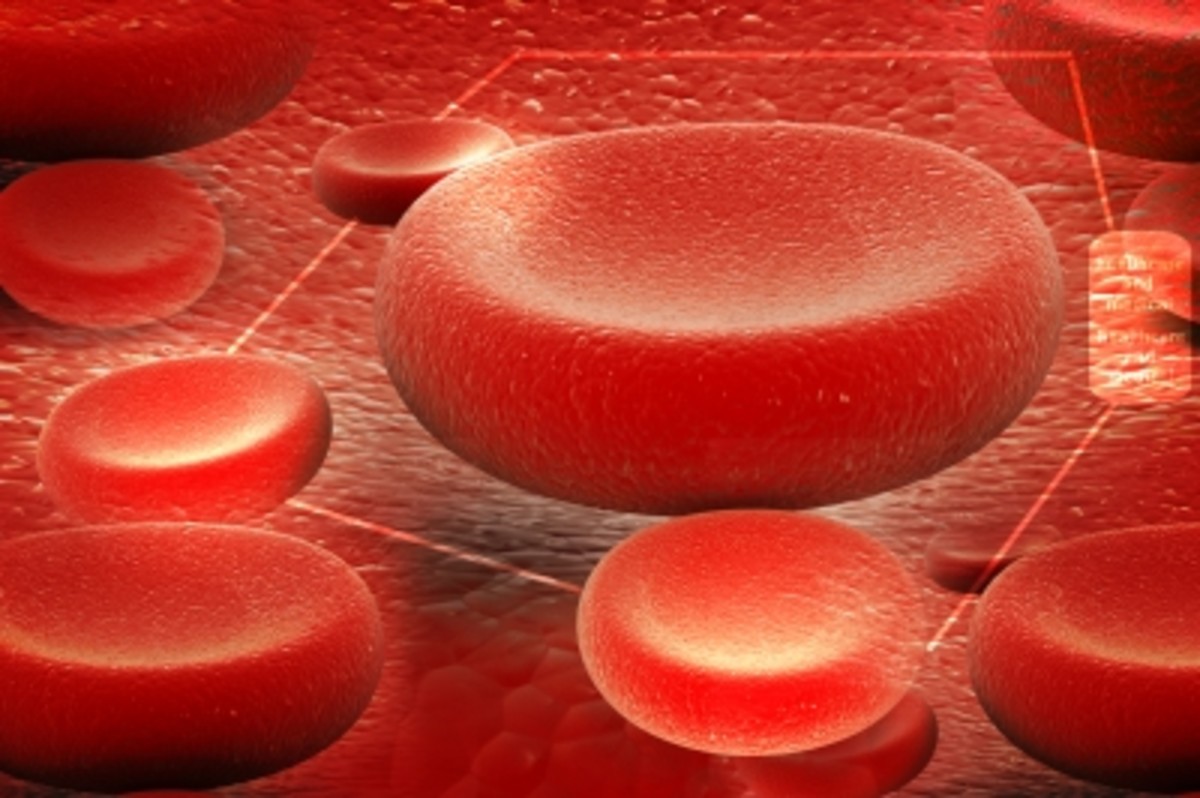Does Sugar Cause Diabetes?

Does sugar cause diabetes?
Does sugar really cause diabetes? Over the years I have heard that eating too much sugar causes us to develop diabetes. I would like to know how true this is. Does sugar cause diabetes?
One of the most commonly asked questions when we come to the topic of diabetes is whether sugar causes diabetes or not. When someone is suffering from diabetes, the first thing that pops into the average person’s mind is that the person suffering from the diabetes got the disease because he or she ate too much sugar.
Sugar is so synonymous with diabetes that in certain parts of the world diabetes is often referred to as sugar sickness.
But the truth of the matter is that sugar really doesn’t cause diabetes – at least it doesn’t directly cause diabetes.
According to studies, contrary to popular belief, sugar alone isn’t capable of causing diabetes. The reason why many people make the assumption that sugar causes diabetes is simply because of the fact that when a person is suffering from diabetes, he or she has high blood glucose or high levels of sugar in the blood.
Although everyone that has diabetes has too much glucose or sugar in their blood, sugar isn't directly responsible for that. Some readers might be wondering right about now what causes diabetes if eating too much sugar isn't responsible for diabetes.
Diabetes is a very complex type of disease. There are a variety of things that come together to cause it.
In order to understand how diabetes is caused, it is imperative that you know what blood glucose is and how the body uses it.
Blood glucose is the amount of glucose (sugar) that exists in a person's bloodstream. While glucose (sugar) gives energy to many of the cells in the body, when your body is unable to properly handle the glucose (sugar) in your blood and the glucose in your blood becomes abnormally high, then you end up suffering from diabetes.
Insulin plays an important role in turning glucose into energy
The pancreas is an organ that is situated behind a person’s stomach. The pancreas is responsible for making the hormone called insulin, which is eventually released into the blood. As insulin moves about in the bloodstream, it allows sugar to enter into the cells to be converted into energy. In the course of doing this, the insulin also lowers the amount of sugar in the bloodstream, thereby preventing your blood sugar level from spiking. When the pancreas doesn’t secrete sufficient insulin into the bloodstream or if the insulin is unable to lower the blood glucose levels, then there is going to be an excessive buildup of glucose in the bloodstream.
When glucose builds up too much in your bloodstream, then you increase your risk of developing prediabetes or diabetes. If you are wondering what prediabetes is, wonder no more. Anybody that has prediabetes, has a blood sugar level that is higher than the normal one. It is worth noting that a person with prediabetes doesn’t have diabetes but is at an increased risk of developing diabetes. Basically that is the difference between diabetes and prediabetes.
There are different types of diabetes
There are two main types of diabetes, namely type 1 diabetes or juvenile diabetes and type 2 diabetes. There is also another type of diabetes called the gestational diabetes. This type of diabetes isn't as common as the other two types of diabetes (type 1 and type 2).
Gestational diabetes
Gestational diabetes is a type of diabetes that affects only women. This diabetes only attacks women during pregnancy. Gestational diabetes comes about when the hormones produced by the placenta make the cells to become resistant to insulin, thereby making it difficult for glucose to get into the cells and be converted into energy. This process allows too much glucose to remain in the bloodstream leading to diabetes - gestational diabetes. The disease normally goes after the baby has been born.
Type 1 diabetes
As for the type 1 diabetes, it is believed to be caused when the immune system prevents insulin from being produced by cells in the pancreas. This results in sugar building up in your bloodstream since there is little or no insulin available to carry the sugar into your cells to be turned into energy. The two other names for the type 1 diabetes are: juvenile diabetes and insulin-dependent diabetes. The reason why the type 1 diabetes is sometimes called juvenile diabetes is simply because it normally occurs in young people (children and young adults).
Type 2 diabetes
The most common type of diabetes is the type 2 diabetes. This type of diabetes can also be referred to as the adult-onset diabetes or the noninsulin-dependent diabetes. With this type of diabetes, two things normally happen. First, a person’s pancreas is unable to produce enough insulin. Second, the body’s cells resist the action of insulin. When any of these two things happen, glucose ends up piling up in the bloodstream and causing diabetes.
The type 2 diabetes is more common in older people than it is in younger people. People who are obese tend to have higher risks of developing this type of diabetes.
Can people suffering from diabetes eat sugar or sugary foods?
One of the biggest myths about diabetes is that people with diabetes can't eat sugar or sugary foods. This obviously isn't true. If you have diabetes, you can still eat a reasonable or healthy amount of sugar. But in eating the sugar, it is important that you combine that with healthy foods and regular exercise.
NOTE: Despite saying that eating too much sugar isn’t directly responsible for causing diabetes, it is important that readers know that there are certain studies which have suggested that eating too much sugar can play a role in increasing a person's risk of developing diabetes (type 2 diabetes). These studies have however not been able to come up with any evidence to support this statement.
The probable reason why these studies are linking too much sugar intake to type 2 diabetes is because when a person is overweight or obese his or her risk of developing type 2 diabetes or gestational diabetes is increased, and a person is more likely to become overweight if he or she takes in a lot of sugary foods and drinks. The reason why eating too much sugary foods and drinks makes us fat is simply because these foods contain a lot of calories. Everyone knows that when you consume more calories than you can burn, you automatically gain weight.
Bottom line
No matter how you look at it, the bottom line is that eating too much sugar doesn’t cause diabetes. It might make you fat and increase your risk of developing type 2 diabetes or gestational diabetes but it doesn’t actually cause diabetes. It is important that we take note of this important thing.
So far, the only relationship between sugar and diabetes is the fact that eating too much of sugar can make you fat, and being fat increases your risk of developing type 2 diabetes. But scientists have so far been unable to prove that sugar or eating too much of sugar prevents the pancreas from producing enough insulin or making the body’s cells resistant to the action of insulin.

